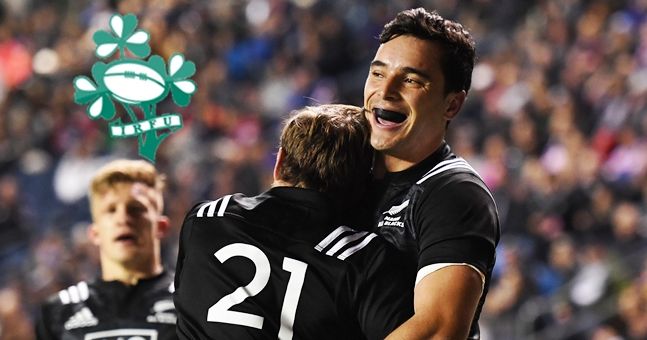The change was confirmed this afternoon in Japan [just before 6am Irish time].
From January 1st 2021 on, players will only be allowed to represent a foreign country after they have been living and playing there for five consecutive years.
This comes about following a World Rugby vote to change the eligibility criteria from the current three-year residency rule.
Ireland has been one of many nations to have taken advantage of the three-year rule, handing out Test caps to the likes of Richardt Strauss, CJ Stander, Jared Payne, Nathan White and Rodney Ah You since 2012.
Other players such as Tyler Bleyendaal [Munster], Bundee Aki and Tom McCartney [both Connacht] will be eligible to play for Ireland later this year and are not affected by the rule change. Neither will the likes of more recent arrivals such as Rhys Marshall [Munster] or Jamison Gibson Park [Leinster].
James Lowe, who arrives at Leinster this summer, would be eligible to play for Ireland by autumn 2020 so would effectively get in before the December 31st 2020 cut-off.

A statement from World Rugby reads:
'Designed to promote and protect the integrity and sanctity of international rugby in the modern elite environment, reform of Regulation 8 follows a root-and-branch review with council members unanimously approving the recommended increase in the required residency period to be eligible for international rugby from 36 to 60 months.
'The reformed Regulation 8 ensures that a player has a genuine, close, credible and established link with the nation of representation.'
Players who still have maternal and/or paternal connections to a country will still be eligible to represent a country where they themselves were not born or non-playing resident for 10 years.



 A statement from World Rugby reads:
A statement from World Rugby reads: